#ElectricVehicles
Is Rivian Still Spending Billions Now to Make Billions Later?
Rivian lost an estimated $33,000 on every pickup it sold in the second quarter of this year, which is kind of impressive considering the cheapest model it sells still goes for a sizable $73,000. Considering its lofty initial public offering (IPO) and enviable product specifications, some are wondering why the company isn’t in better shape.
Though Rivian is hardly alone in selling cash-hemorrhaging electric pickups and SUVs. Ford is on track to lose $4.5 billion on EVs by year's end and is supposed to be underwater by more than $32,000 per average all-electric transaction. Frankly, it doesn’t look like any brand other than Tesla has managed to find a way to make volume electrification work in its favor.
NY Judge Pauses Ford’s EV Dealer Requirements
A New York judge has halted Ford and Lincoln from instituting a specific set of requirements before allowing dealerships to sell the brands’ all-electric vehicles. This comes after five stores operating within the state launched a lawsuit against Ford Motor Co. for introducing a new certification process for EVs. The issue was that the automaker was asking too much from dealerships and effectively favoring those with deeper pockets by forcing changes that required significant financial investments.
Ford introduced its tiered dealer program nearly twelve months ago, splitting stores interested in selling electric into “Model e Certified Elite” and “Model e Certified.”
Volkswagen Temporarily Cutting Production of European EVs
Volkswagen intends to temporarily limit production of the SEAT Cupra Born and its very own ID.3 EV in October. The company has cited market forces as the cause, noting that its Zwickau and Dresden plants in Germany would be throttled down for a couple of weeks.
Honda Previews the 2024 Prologue
Honda has formally unveiled the all-electric Prologue, indicating that the brand hasn’t given up on electrification. The midsize crossover boasts an agreeable estimated range of (up to) 300 miles and is designed to cater to more mainstream tastes.
As a preeminent manufacturer of modestly sized combustion engines, it makes sense that the company would want to stick to what it knows best. Like several other Japanese brands, Honda has been hesitant to embrace electric vehicles with the same zeal as its European or American rivals. However, external pressures are beginning to force the issue, and this seemed an agreeable solution for the company.
Report: Dealers Worried About Getting EV Refunds From the Government
Nobody likes bureaucratic red tape or waiting on payment and this seems to have become a sticking point for retailers nervously waiting to see how the United States’ updated EV tax credit scheme plays out.
According to a report from Automotive News, dealers are getting worked up about the prospect of not receiving money swiftly enough — mimicking some of the hardships endured during the Cash-for-Clunkers period.
QOTD: Which Automaker Will Back Off EV Pronouncements First?
After yesterday's post about the Brits delaying their plan to stop the sale of new gasoline-powered cars, I started to wonder -- will any automakers slow their own plans?
Not stop -- EVs are definitely coming in greater numbers, like or not -- but slow.
Hyundai Offering Free Chargers to EV Buyers, Swelling Industry Incentives
Hyundai is offering customers willing to buy an all-electric vehicle a Level 2 home charger for no extra cost. While the ChargePoint device is framed as being free, it does require the purchase of a new automobile through the automaker’s captive finance arm Hyundai Capital America.
That makes the $33,550 (before any federal tax credits or state incentives) Kona Electric the most affordable way to take advantage of the deal. But you’ll still have to find someone to install the unit into your home, to which the manufacturer has offered a $600 credit toward installation.
U.K. Government Pushes Gasoline Car Ban to 2035
UK Prime Minister Rishi Sunak announced on Wednesday that he’s delaying bans the government had previously made for gasoline-powered vehicles. The scheme was to have the United Kingdom restrict citizens from purchasing new combustion vehicles by 2030. But Sunak has questioned the previous timeline’s viability, opting to push things out to 2035.
This probably isn’t a huge surprise for anyone with at least one foot planted in reality. EV mandates have frequently been accompanied by target dates that are wholly ridiculous. Manufacturers aren’t producing these vehicles in sufficient quantities, the supportive infrastructure isn’t in place, and there's a significant portion of consumers that appear disinterested in buying non-traditional powertrains.
New EV Registrations Grew Significantly, Driven By Tesla
Listening to pundits and some media outlets, it’d be easy to believe that EVs are nowhere near as popular as their gas-powered counterparts. But, while it’s true that electric vehicles still make up a tiny portion of the overall market, their numbers are growing. The latest data from Experian shows that EV registrations rose 67 percent over 2022’s numbers to an impressive 655,986 vehicles.
BMW, Ford, Honda to Form New EV Charging Company
Ford, Honda, and BMW have announced plans to create a new “vehicle-to-grid company” that’s aimed at standardizing vehicle charging via a singular platform. The service also seeks to return excess energy to the electrical grid, effectively converting EVs into publicly shared batteries.
The business will be known as ChargeScape and, according to the automakers' press release, seeks to “create a single platform that will seamlessly connect electric utilities, automakers and their interested EV customers to manage energy usage for a broad pool of EVs.” The scheme could be one way of addressing concerns that modern power grids couldn’t endure widespread electric vehicle usage while helping to position the involved companies in an industry that’s being heavily incentivized by the government.
Gas War: U.S. House Suggests Ending California Emissions Authority, White House Says Nope
On Tuesday, the White House voiced its opposition to a Republican bill scheduled to be voted on by the U.S. House of Representatives that would prevent California from receiving federal waivers to set standards limiting the sale of gasoline-driven automobiles.
Electric Vehicle Adoption Divide Mapped
Like everything else in the modern era, vehicles have become another polarizing issue. The populace is split between gasoline-loving Luddites, endlessly bemoaning the current regulatory landscape and smug EV adopters who proselytize battery-powered vehicles with all the zealotry of a religious fanatic.
There’s plenty of overlap between the two groups. However, they tend to diverge in terms of disposable income, political preferences, and even geography. J.D. Power looked into the latter issue, hoping to identify purchasing trends around the United States. It found that, while EV adoption rates were increasing nationwide, there are plenty of places in America that now appear to be shunning electrified automobiles.
QOTD: Ready to Rent an EV?
We covered Hertz expanding its EV offerings yesterday. As I think it over, I have a couple of questions.
QOTD: What Does Electrification Mean for Muscle, American or Not?
Earlier this week, Matt wrote about Dodge's take on how American muscle will evolve as cars become more electrified.
Dodge CEO Says Electrification Won’t Spoil American Muscle
With the brunt of the automotive industry vowing to electrify their lineups and government regulators keen on restricting emissions, many have wondered how the change will impact American brands. While Tesla has managed to solidify the United States as the dominant purveyor of all-electric vehicles, American performance has long been synonymous with exceptionally large motors boasting the kind of oomph foreign manufacturers might consider excessive at a price point that seems downright reasonable.
The concern here is that the changing landscape is about to close the door on American muscle cars for a second time. However, Dodge CEO Tim Kuniskis is trying to assure the world that this won’t be the case. He’s telling anyone willing to listen that its forthcoming products will continue to deliver the kind of performance Mopar fans are accustomed to.



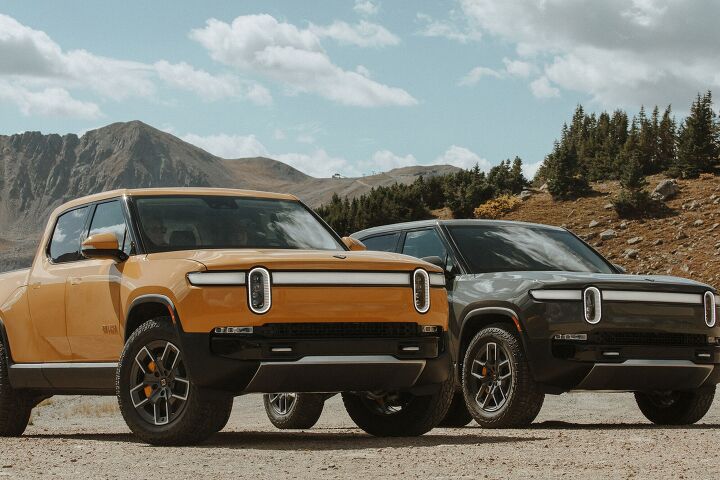
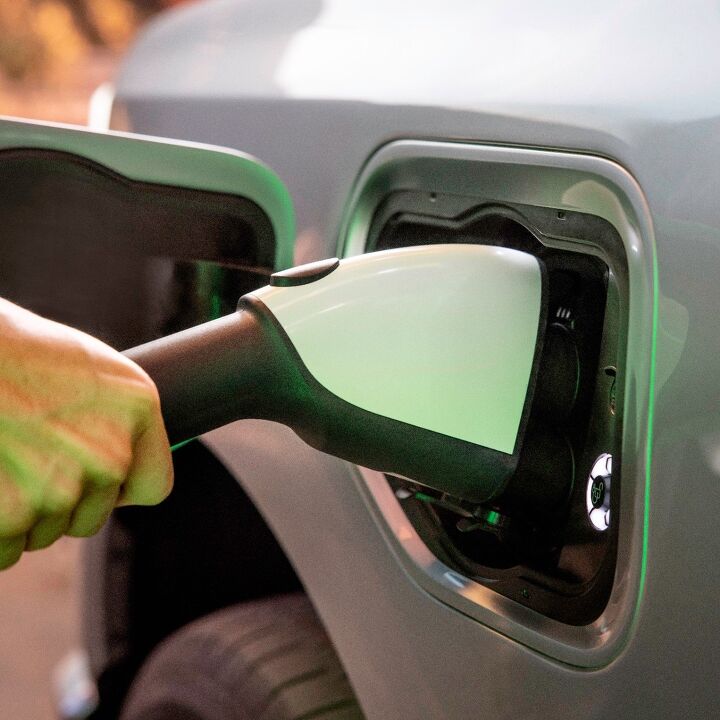
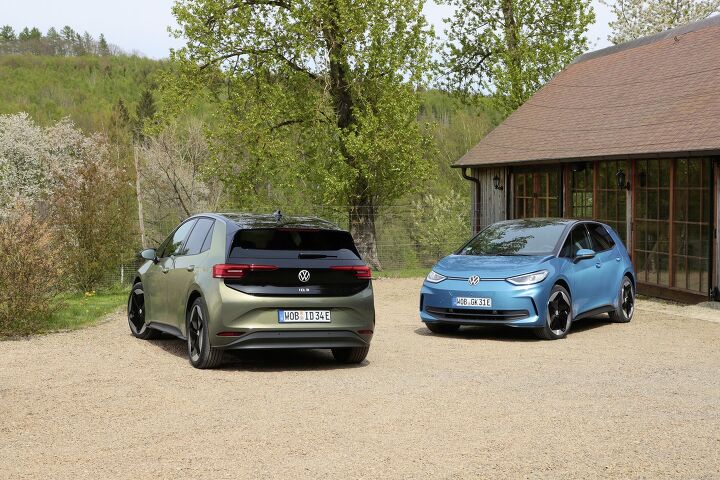
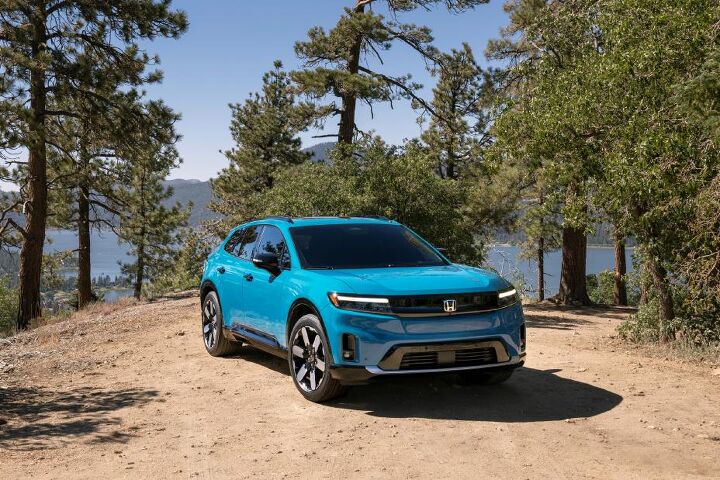

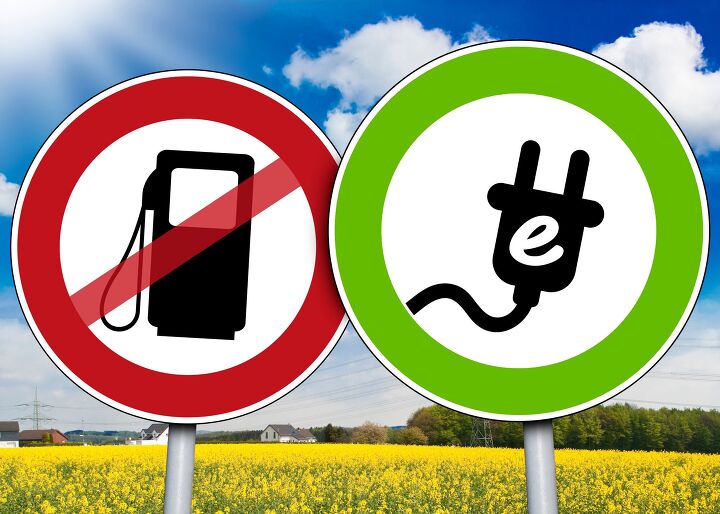
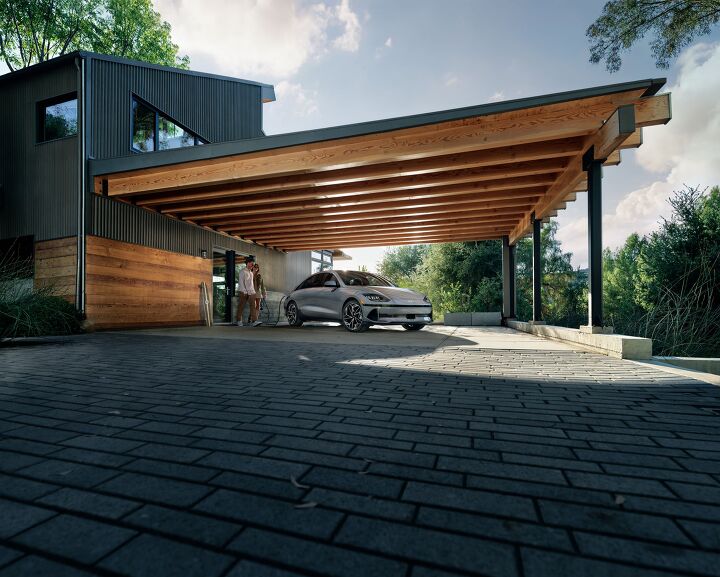
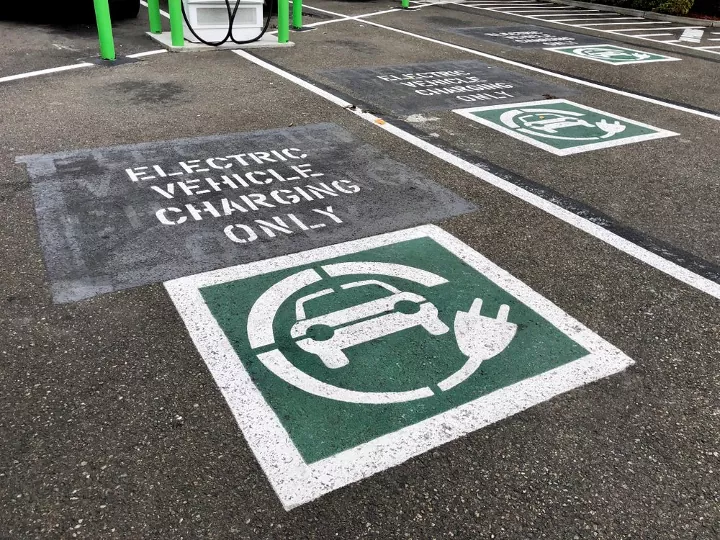

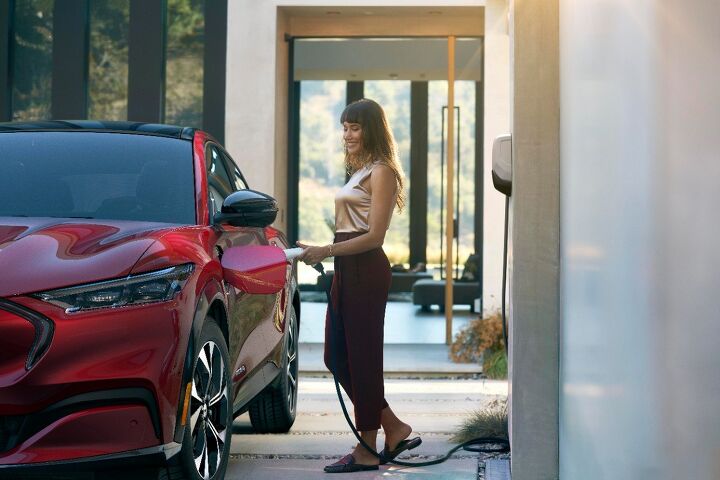
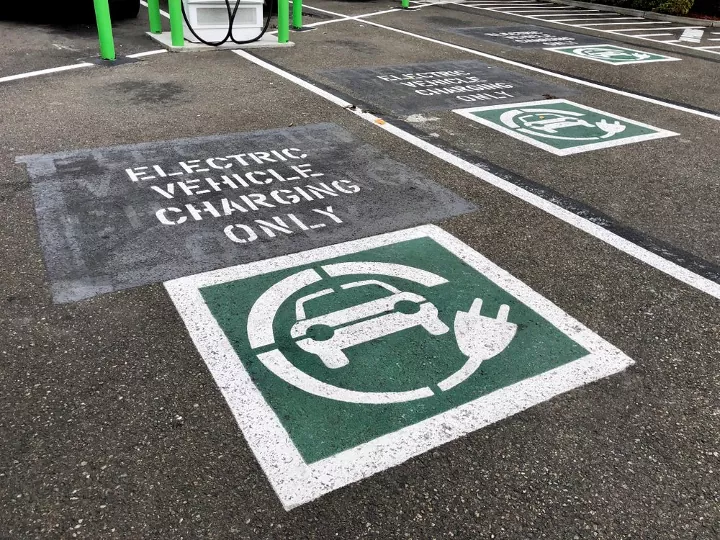
















Recent Comments